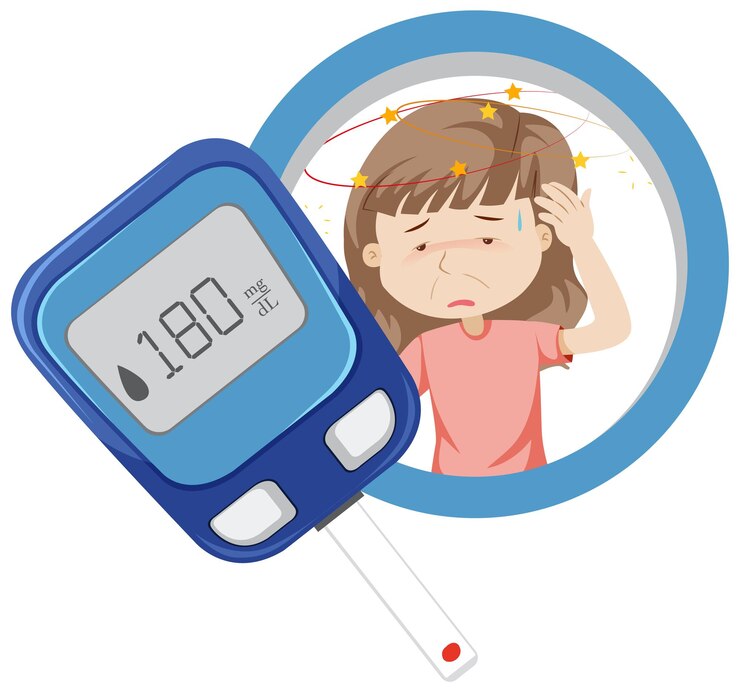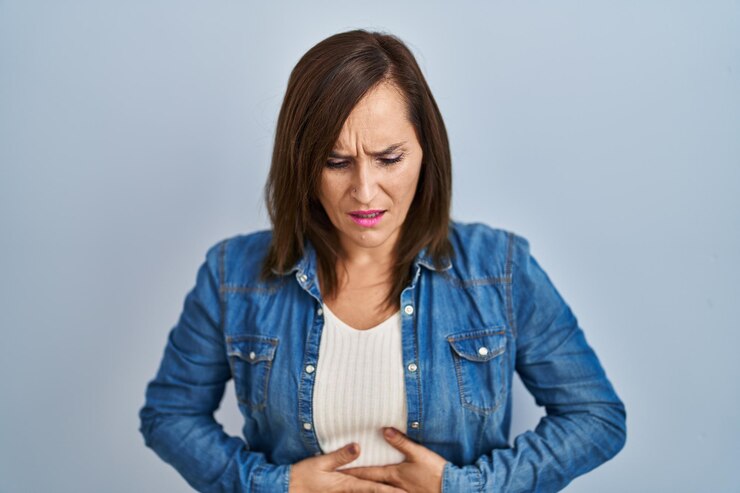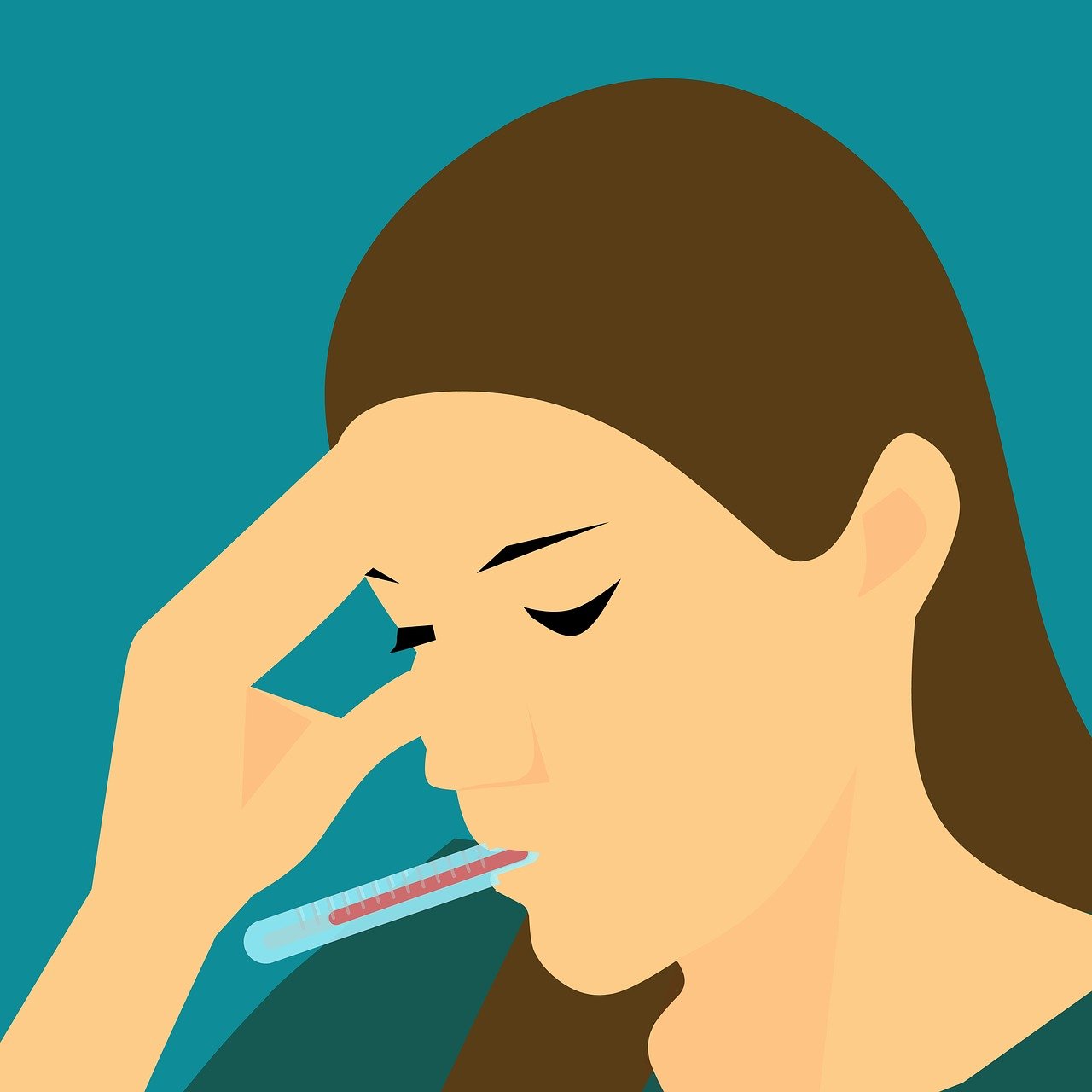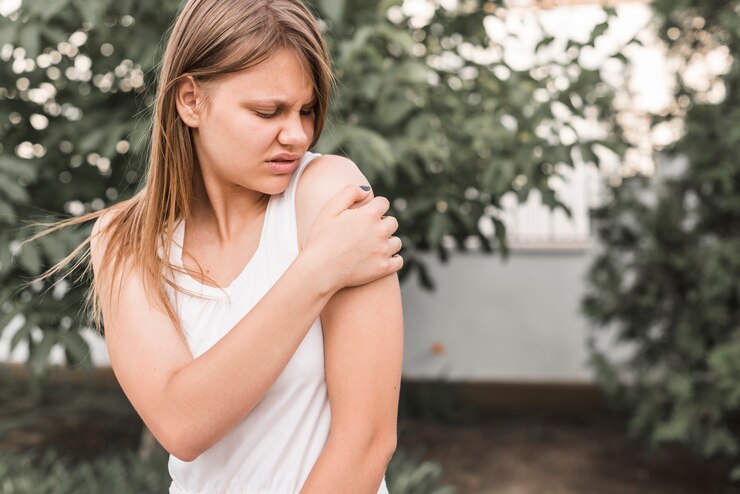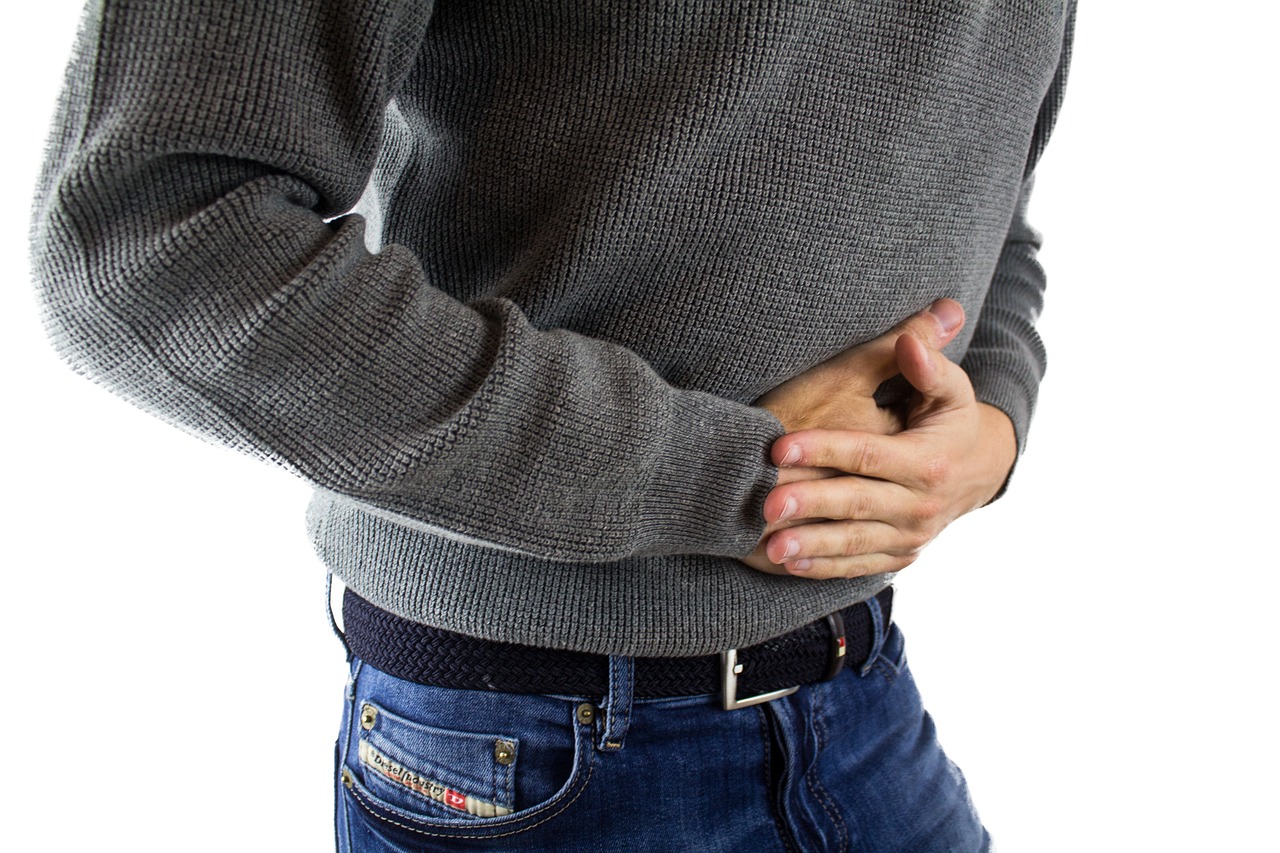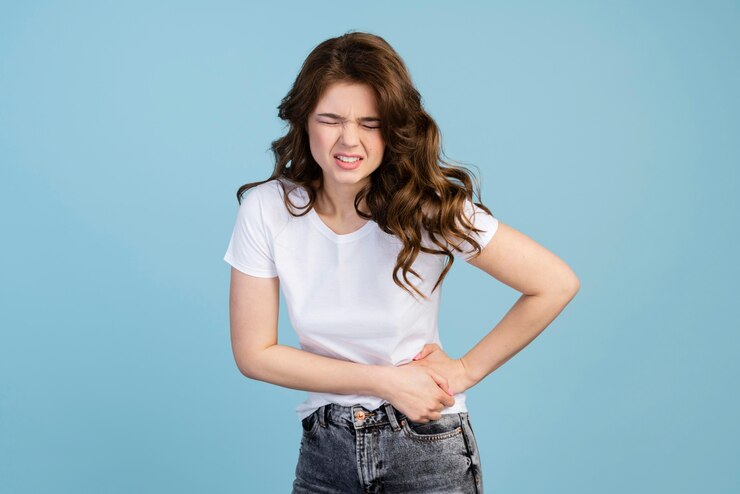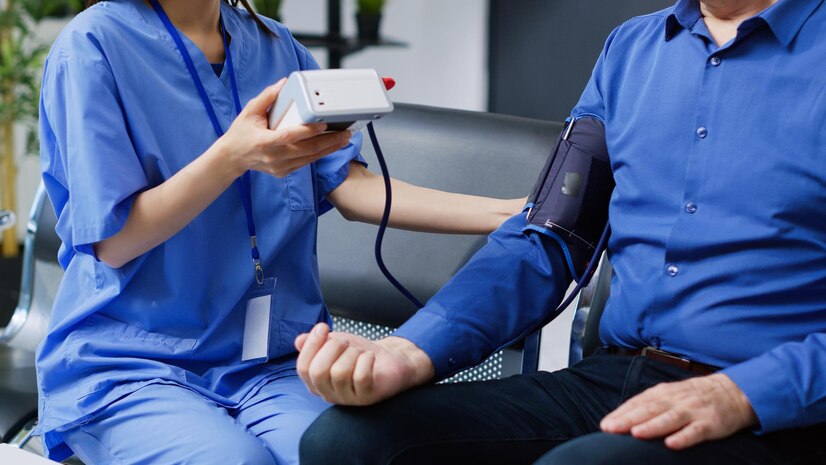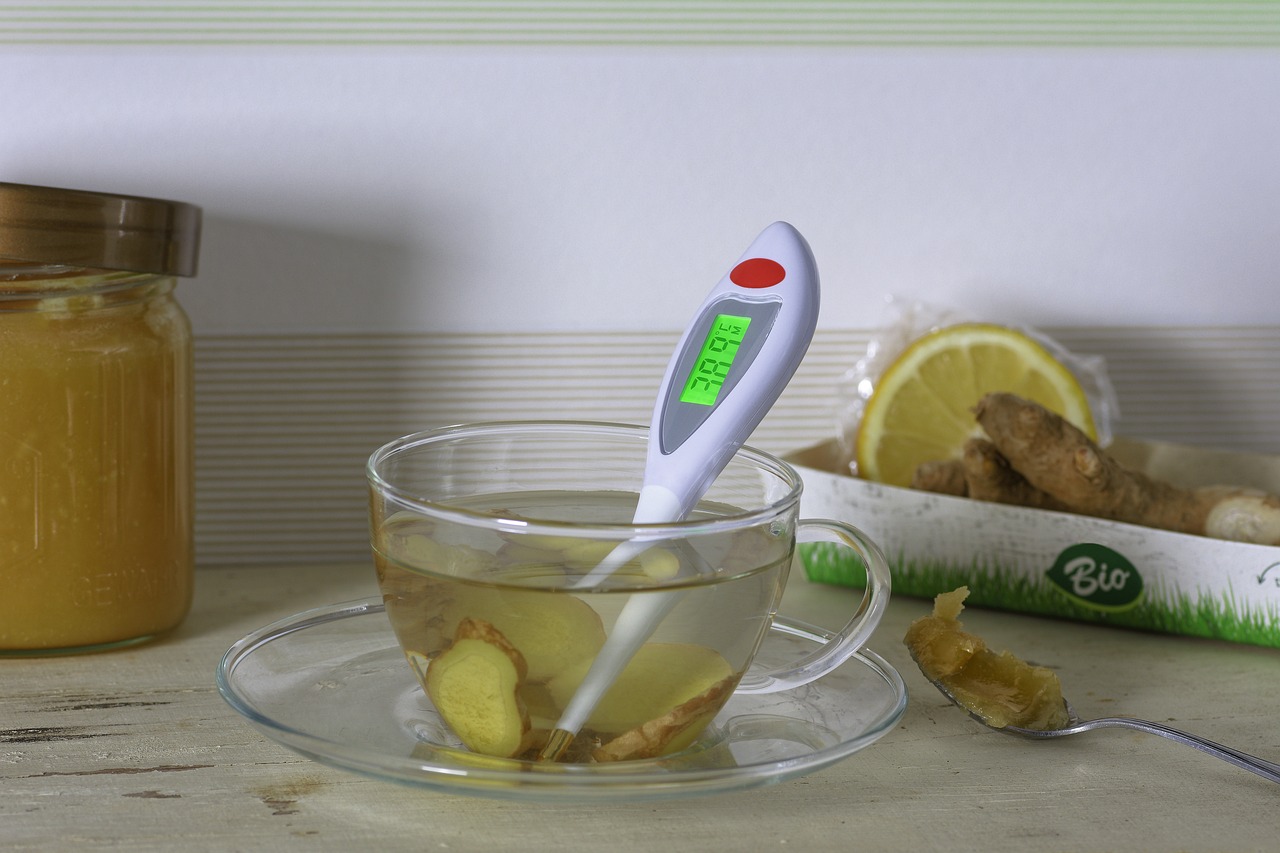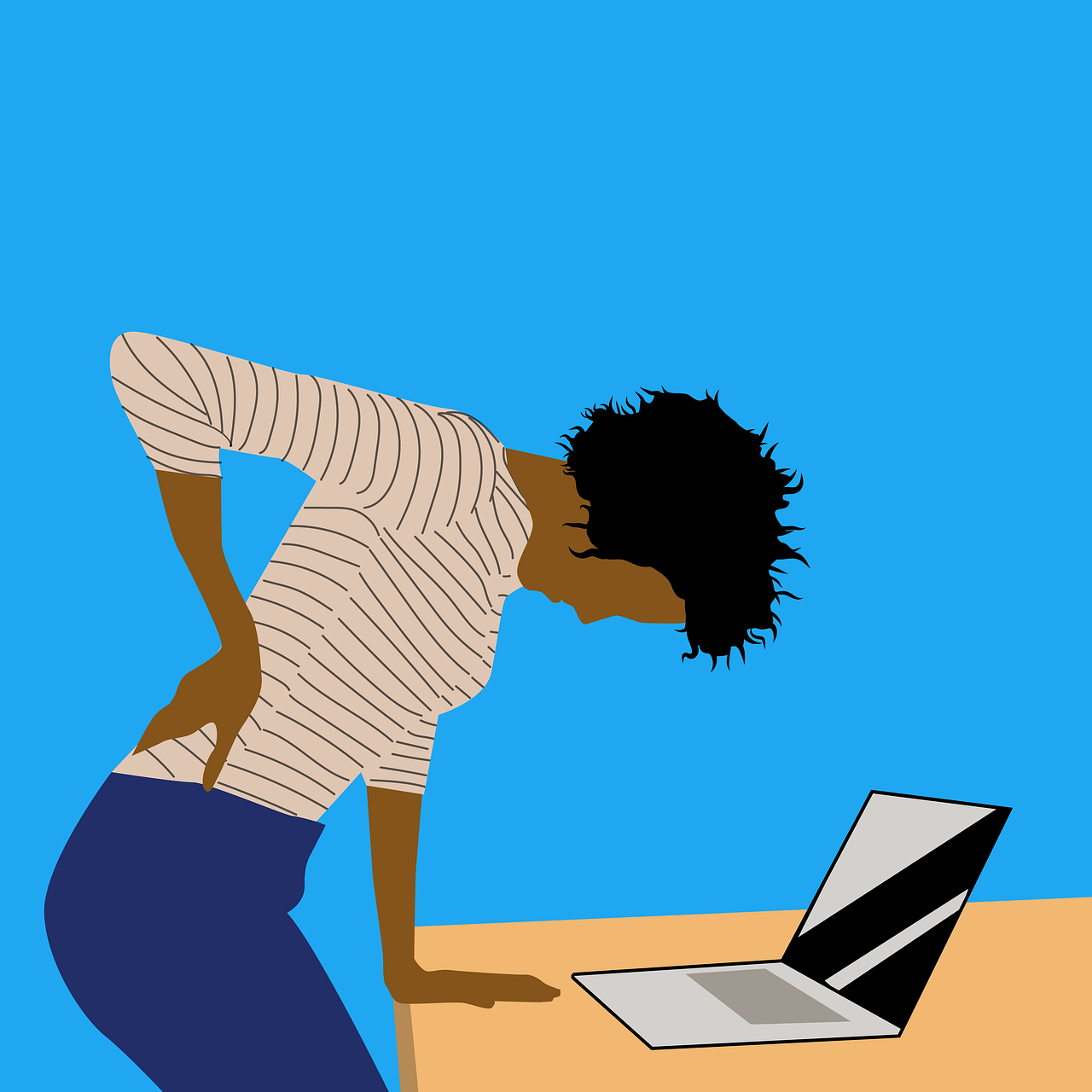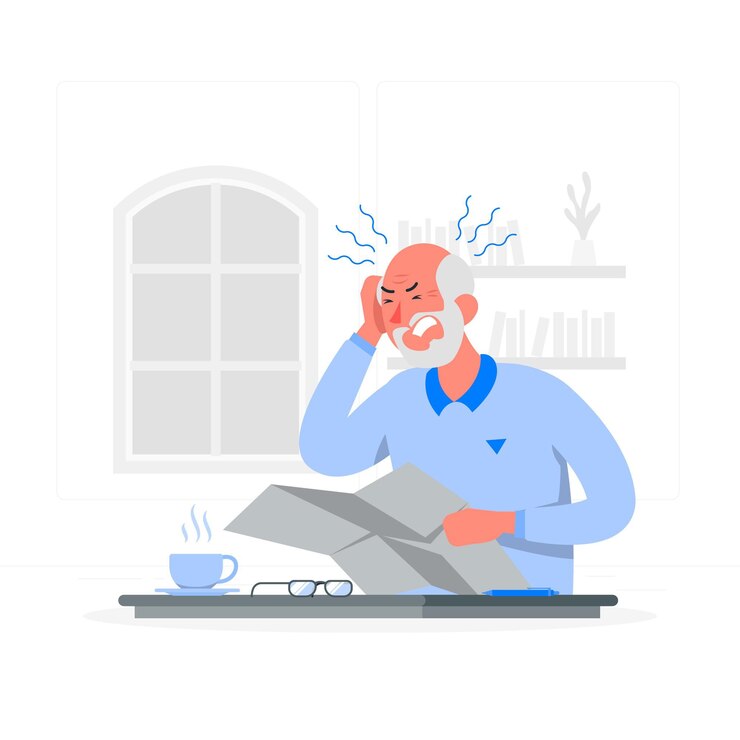In this article we will see 22+ Natural Home Remedies For A period pain. Dealing with menstrual pain is a common experience for many individuals, and natural home remedies offer a holistic approach to alleviate discomfort without relying on pharmaceuticals. These remedies focus on providing relief from the cramping, bloating, and general unease associated with menstruation.
Pain during menstruation, commonly known as menstrual cramps or dysmenorrhea, is a common experience for many individuals. These cramps typically occur just before or during the menstrual period and can vary in intensity. The pain is often centered in the lower abdomen but can radiate to the lower back and thighs.
As the waves of discomfort intensify, a rhythmic pulse echoes through the core, a subtle yet persistent reminder of the body’s cyclical rhythm. The pain, at times, radiates like tendrils, reaching beyond the confines of the abdomen, touching the lower back and thighs in a symphony of sensation. It is as if the body itself is attuned to the intricate ballet, each pulse echoing the unseen choreography within.
The endurance required to navigate daily tasks becomes a testament to strength in the face of an internal storm. It’s a silent battle fought with grace and resilience—a whispered dialogue between the body and the soul. The mundane tasks of life, typically taken for granted, become milestones of triumph as the body persists through the discomfort, a quiet rebellion against the monthly upheaval.
Table of Contents
Here’s a detailed description of 22+ Natural Home Remedies For A period pain:
Heat Therapy:
Applying heat to the lower abdomen is a time-tested method for relieving menstrual cramps. A hot water bottle or heating pad can be placed on the stomach, promoting muscle relaxation and easing tension.
Hydration: Natural Home Remedies For A period pain
Staying well-hydrated is crucial during menstruation. Proper hydration helps reduce bloating and may alleviate some of the discomfort associated with periods. Opt for water, herbal teas, and warm beverages to stay replenished.
Dietary Changes:
Incorporating anti-inflammatory foods into the diet can make a significant difference. Foods rich in ginger, turmeric, and omega-3 fatty acids may help reduce inflammation, easing menstrual pain.
Herbal Teas: Natural Home Remedies For A period pain
Herbal teas such as chamomile or peppermint are known for their calming and anti-inflammatory properties. Sipping on these teas not only provides a soothing effect but may also contribute to dysmenorrhea pain relief.
Exercise: Natural Home Remedies For A period pain
Engaging in gentle exercises like walking or yoga can enhance blood circulation and reduce muscle tension. This, in turn, may alleviate menstrual cramps and improve overall well-being.
Magnesium Supplementation:
Some individuals find relief from dysmenorrhea cramps through magnesium supplementation. However, it’s essential to consult with a healthcare professional before incorporating any supplements into the routine.
Essential Oils:
Aromatherapy using essential oils like lavender or clary sage can create a calming environment. These oils, when diluted and applied to the lower abdomen or diffused, may offer relaxation and relief.
Healthy Fats: Home Remedies For A period pain
Including sources of healthy fats, such as avocados and nuts, in the diet supports hormonal balance and may help reduce inflammation, potentially alleviating period pain.
Acupressure:
Applying gentle pressure to specific acupressure points, like the area between the thumb and forefinger, is believed to release tension and alleviate menstrual cramps.
Avoiding Certain Foods:
Minimizing the intake of caffeine, alcohol, and salty foods is recommended, as these can contribute to bloating and exacerbate menstrual discomfort.
Hydrotherapy:
Alternating between hot and cold water in the shower or using a warm bath with Epsom salts is a soothing way to relax muscles and ease menstrual cramps.
Peppermint Oil:
Peppermint oil, known for its muscle-relaxing properties, can be diluted and applied topically or inhaled for relief from menstrual pain.
Fennel Seeds: Home Remedies For A period pain
Incorporating foods rich in omega-3 fatty acids, such as flaxseeds and fatty fish, into the diet may contribute to reducing inflammation and easing period pain.
Avoid Certain Foods:
Minimize caffeine, alcohol, and salty foods to reduce bloating and discomfort during your period.
Hydrotherapy:
Alternate between hot and cold water in the shower or use a warm bath with Epsom salts for muscle relaxation.
Peppermint Oil:
Apply diluted peppermint oil topically or inhale it for its muscle-relaxing properties during dysmenorrhea.
Ginger:
Add ginger to your meals or brew ginger tea for its anti-inflammatory properties to help reduce menstrual pain.
Chamomile Compress:
Apply a chamomile tea-soaked cloth to your lower abdomen for anti-inflammatory relief.
Cinnamon Tea:
Drink cinnamon tea to benefit from its anti-inflammatory and antispasmodic properties during your period.
Turmeric Milk: Best Home Remedies For A period pain
Enjoy warm turmeric milk to reduce inflammation and ease discomfort associated with menstrual cramps.
Bananas: Natural Home Remedies For A period pain
Incorporate potassium-rich bananas into your diet to help reduce water retention and bloating.
Dark Chocolate: Home Remedies For A period pain
Consume small amounts of dark chocolate to release endorphins, acting as a natural mood enhancer during your period.
Evening Primrose Oil:
Contains gamma-linolenic acid, which may help alleviate menstrual pain. Consult a healthcare professional before use.
Dong Quai:
An herb in traditional Chinese medicine believed to balance hormonal activity and relieve menstrual discomfort.
Black Cohosh:
Used for menopausal symptoms, black cohosh may help regulate hormonal fluctuations during menstruation.
Nettle Tea: Natural Home Remedies For A period pain
Rich in vitamins and minerals, nettle tea can provide nutritional support during menstruation Cramps.
Pine Bark Extract:
Contains antioxidants that may help reduce inflammation and alleviate menstrual pain.
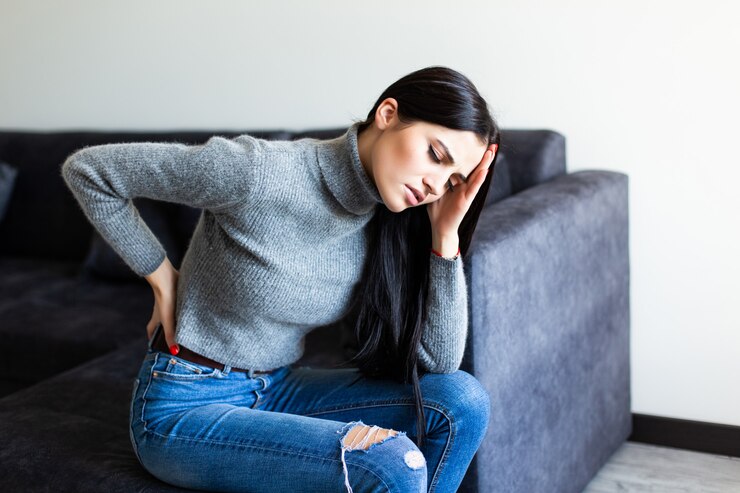
Basil:
Basil has anti-inflammatory properties. Add fresh basil to meals or make tea for relief.
Lemon Balm:
Known for its calming effects, lemon balm tea may help reduce stress-related menstrual symptoms.
Raspberry Leaf Tea:
Traditionally used to support the female reproductive system, raspberry leaf tea can be consumed regularly.
White Willow Bark:
Contains salicin, a natural pain reliever. Consult with a healthcare professional before use.
Apple Cider Vinegar:
May help balance pH levels in the body, potentially reducing menstrual pain. Dilute and consume.
Mint:
Peppermint and spearmint may have muscle-relaxing effects. Use in tea or aromatherapy.
Sesame Seeds:
Rich in nutrients, sesame seeds can be included in the diet to support overall health during menstruation.
Yarrow:
Known for its anti-inflammatory and pain-relieving properties. Make tea or use in tincture form.
Wild Yam:
Contains diosgenin, which is believed to have anti-inflammatory and muscle-relaxant effects.
Stinging Nettle Supplements:
Supplements may provide additional support during menstruation. Consult with a healthcare professional.
Remember, individual responses to remedies vary, and it’s advisable to consult with a healthcare professional before making significant changes or incorporating supplements into your routine.
These natural home remedies offer individuals the opportunity to manage period pain in a gentle and holistic manner, promoting overall well-being during menstruation. It’s essential to experiment with different remedies to find what works best for individual needs, and consulting with a healthcare professional is advisable for personalized guidance.
It’s essential to note that individual responses to these remedies can vary, and what works for one person may not work for another. If menstrual pain is severe or persistent, it’s advisable to consult with a healthcare professional for further evaluation and personalized advice.
It’s important to note that individual responses to these remedies can vary, and it may take some time to discover which methods work best for managing period pain. Additionally, while these natural remedies can be effective for many individuals, those with severe or persistent menstrual pain should consult with a healthcare professional for further evaluation and personalized advice.
As the rhythmic ebb and flow of the menstrual cycle takes its course, a subtle discomfort begins to make its presence known. Deep within the lower abdomen, a dull ache begins to unfurl, signaling the onset of period pain menstrual cramp. It is a delicate dance of biology, a reminder of the intricate workings of the female reproductive system.
As the uterus contracts to shed its lining, waves of discomfort ripple through the pelvic region. The pain, akin to a persistent, cramp-like sensation, varies in intensity, a silent yet powerful force that can range from a gentle throb to an insistent, piercing ache. It paints a visceral tableau of the body’s cyclical renewal, a physiological symphony of creation and release.
Accompanying this internal ballet is a subtle heaviness, as if the weight of the body is momentarily heightened. It is a reminder that within this intricate choreography lies the potential for creation and life. Yet, the toll it takes on the body is unmistakable, as if nature itself demands a pause, a moment of acknowledgment for the silent symphony playing within.
For those who experience period pain, it is more than a mere physiological event; it is a quiet yet profound testament to the resilience of the human body, a monthly reminder of the complex interplay between biology and the ebb and flow of life.
Yet, within this complex interplay of pain and resilience, there exists a quiet beauty. It is a reminder that the body is a vessel of life, a canvas upon which the cycles of creation and renewal are painted. The pain, though challenging, serves as a poignant acknowledgment of the intricate processes that define womanhood. It is a bridge between the earthly and the divine, a reminder that within the discomfort lies the potential for growth and the enduring beauty of the feminine experience.
Conclusions
If menstrual cramps are severe, persistent, or interfere significantly with daily life, it’s recommended to consult with a healthcare professional. They can help determine the cause of the pain and recommend appropriate treatments or interventions based on individual health needs.
I hope you liked this post on 22+ Natural Home Remedies For A period pain
Please read this article on 30 Useful Natural Home Remedies For Sinus

